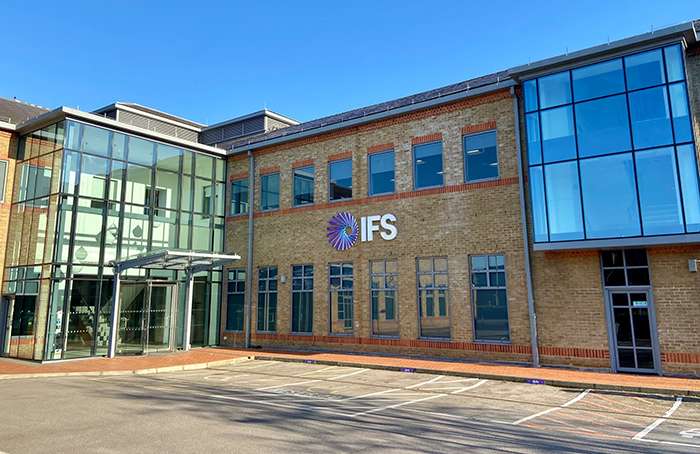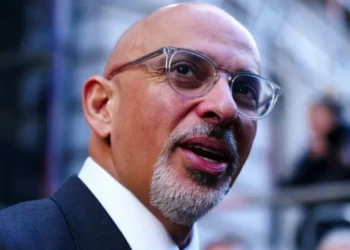The Institute for Fiscal Studies (IFS) has issued a warning about the state of public finances, predicting “painful” economic decisions after the upcoming election.
Despite this, the main political parties have failed to address these impending challenges in their manifestos, leaving voters uninformed, according to the think tank.
The IFS criticized the manifestos of both the Conservative and Labour parties in an analysis. Paul Johnson, the director of the IFS, emphasized that these documents leave the electorate “guessing” about future tax increases and potential public spending cuts.
Johnson extended his criticism to Reform and the Greens, accusing them of making unrealistic tax cut promises that “poison the entire political debate.”
He argued that their “unattainable” financial projections make other parties’ proposals seem “feeble” by comparison.
The IFS highlighted the lack of clarity in the major parties’ plans, particularly concerning the funding of public services.
Johnson noted that while tough economic choices lie ahead, none of the manifestos address these issues directly.
Instead, they leave voters speculating about the future direction of tax policy, public spending, and the overall size of the state.
“Several public services are at risk of suffering ‘sharp cuts’ under either a future Labour or Conservative government,” warned the IFS.
The lack of specific information about funding for individual services in the manifestos allows parties to avoid discussing potential cuts to unprotected budgets.
Johnson urged the parties to provide more detail on their spending priorities, including rough minimums or totals for different areas.
This transparency would offer the public a realistic sense of what to expect in the next parliament. However, he noted that the manifestos’ broad priorities fail to illuminate overall spending plans for each public service.
Farage’s Plan Under Scrutiny
Turning his attention to Nigel Farage’s Reform party, Johnson criticized their proposal for £90 billion in specific tax cuts and £50 billion in spending increases. These measures, allegedly “paid for” by a £150 billion package of unspecified cuts in welfare and government waste, lack credible detail.
“If they want a smaller state — a perfectly reasonable ambition — they should tell us how they will achieve it,” Johnson said, referencing the economic turmoil caused by massive tax cuts without clear funding strategies in September 2022.
Johnson also dismissed the Reform party’s claim that it could eliminate NHS waiting lists at an annual cost of £17 billion as “demonstrably wrong.” He added that the proposed tax cuts would cost “even more than stated, by a margin of tens of billions of pounds per year.”
Green’s Approach Would Have Unpleasant Consequences
The Greens on the other hand came under fire for their fiscal policies, which include plans for an additional £80 billion a year in borrowing.

“A massive increase in borrowing when the economy is capacity-constrained — and the debt interest burden is already just that, a huge burden — would have unpleasant consequences.”
Paul Johnson
Their flagship proposal, a £90 billion a year carbon tax, aims to expedite the transition to net zero but would have “far-reaching economic implications,” including raising the cost of many essentials.
Johnson pointed out that much of the revenue from such a tax would need to be used to mitigate these effects and support those on lower incomes, rather than funding other initiatives.
Furthermore, an effective carbon tax would eventually reduce carbon-based activity, ultimately diminishing its revenue-raising potential.
The IFS’s analysis highlights a significant gap between political promises and fiscal reality, urging voters to demand more detailed and realistic economic plans from all parties as the election approaches.
READ ALSO: Conflict Of Interest, A Threat To Good Governance






















